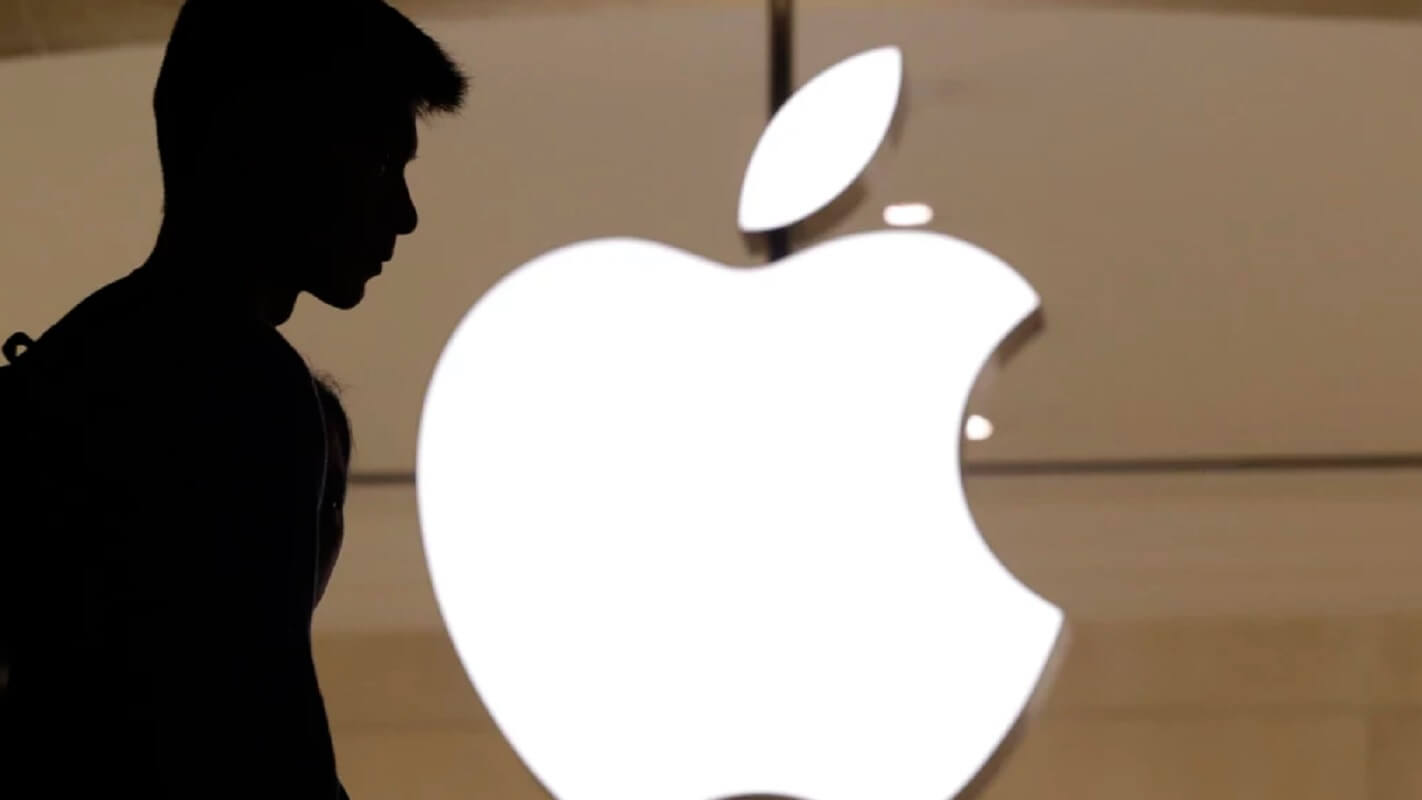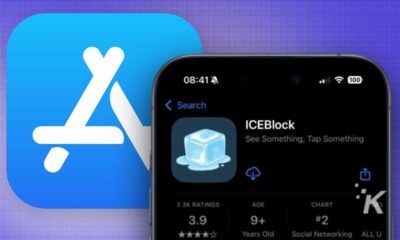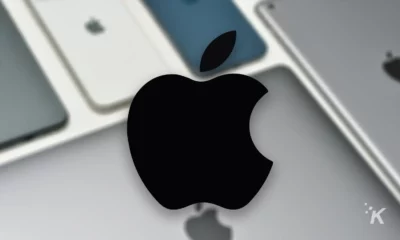App Store
The current antitrust case against Apple might change the face of tech forever
No, that’s not hyperbole.

Just a heads up, if you buy something through our links, we may get a small share of the sale. It’s one of the ways we keep the lights on here. Click here for more.
On Monday, the Supreme Court threw a curveball at Apple. It ruled that customers buying apps on the App Store are direct consumers of Apple, and not of the app developers using the storefront to sell their wares.
That small distinction could change how we buy apps, games, or everything else on digital platforms in the future.
Apple vs. Pepper, the backstory
No, it’s not a weird dessert pairing, it’s the names of the defendant and the plaintiff in the antitrust suit. Eight years ago, Robert Pepper filed the suit, alleging that the model Apple uses for its App Store is an unlawful monopoly. The logic is simple: iOS apps can only be accessed through the App Store, and developers have to pay 30-percent of all sales to Apple for the privilege.
Apple, for its part, has spent the last eight years arguing that app buyers don’t have the legal right to sue at all. The company has been using one 1970’s case to make that argument, Illinois Brick Co. v. Illinois.
The precedent, in that case, prevents “indirect purchasers” from filing antitrust suits. Apple has been trying to say that its direct customers were the developers selling through the App Store, not the end users, so only the developers would have the standing to file the suit.
Now, the Supreme Court has unraveled that particular legal knot, with a 5 to 4 decision that stated customers buying from an app store is fundamentally different from buying from a traditional supply chain. What wasn’t decided on Monday is if Apple, and its App Store, is a monopoly or not. That’s for other courts to decide, with the lawsuit being sent back to a lower district court.
What’s next
Ahh, the legal system. Majestic, isn’t it? It needed the Supreme Court to decide on the legality of a lawsuit, before it could proceed. That it took eight years to get to this point is impressive to me. Now, the process starts in earnest, with both parties starting discovery, to find evidence to argue the existence of Apple’s monopoly (or not).
How long that will take is anyone’s guess, with Apple’s lawyers probably aiming to bury the plaintiff in more documents than they can feasibly read.
The plaintiffs want two things: Apple to allow alternative ways of buying iOS apps and to allow partial refunds on all paid iPhone apps. If they win, that would be a big change in how Apple does business, at a time where the company is trying to squeeze more revenue from services.
The aftermath
Depending on who wins, the landscape for digital purchases could be very different. Apple winning would probably keep the status quo, but it’s another story if the plaintiff wins. That would make it easier to sue platforms for antitrust violations, with everyone from Xbox to Disney in the crosshairs.
It might even end the practice of platform exclusives, like the deals Epic Games is making with developers currently. If those games aren’t available to buy from a third-party, the monopoly argument can be made in court.
Again, this ruling doesn’t mean that future lawsuits are more likely to succeed in court, just that they can be brought lawfully. If enough antitrust lawsuits like this are brought, and won, it makes a case for looking at the precedent laid down in Illinois Brick Co. v. Illinois to see if it was actually enabling violations of antitrust laws.
What do you think? Are you ok with the current App Store model? Let us know down below in the comments or carry the discussion over to our Twitter or Facebook.
Editors’ Recommendations:
- San Francisco becomes the first city in the U.S to ban facial recognition
- Uber is finally giving you an option to tell your driver to shut the hell up
- Google paying original Pixel owners up to $500 because they got crappy phones
- Walmart looks to take on Amazon with its own next-day delivery
- Amazon will pay its employees $10K if they quit their jobs and become delivery drivers

























